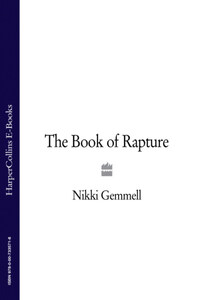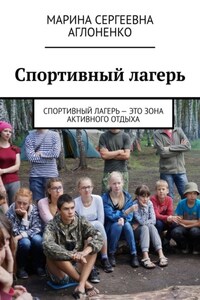What we know, and what we don’t, about this mysterious document
The Book of Rapture was originally written in Latin, a universal language unused in this day and age. Why? We can only speculate. Did the author want to obscure, to some extent, the content from her captors? Did the author want to mask her identity and indeed nationality? Did the author resist the idea of her words being pinned down — and thus marginalised — by place, religion or date? Indeed, the text could have emanated from any number of countries over the past century, from communist Eastern Europe to rightist regimes in South America to dictatorships in Africa or South-East Asia. It is obvious that names have been changed; all we can conclude, with precision, is that a woman wrote it.
It was handed to the Chief Philologist of the British Library by a man who described himself as a social worker, with an interest in children. On the front of the handwritten manuscript, bound in string, was a pink slip of paper with Prisoner Number 57775 typed upon it. The pages themselves bear the markings of a remarkable journey. Some are torn, some are bloodstained.
The social worker explained that a child, who was with two others, had lifted the manuscript from her suitcase and had handed it to him ‘with an arresting gravity’. When asked what the bundle was, the youngster had replied, in a whisper, ‘It is the words that roar.’ The man said that the girl herself did not read Latin, and this in itself is a mystery: was the child aware of the document’s contents? Was she connected to the protagonist, or indeed the social worker? Are they — as has been speculated — the father and daughter within the text?
We do not know, because despite strenuous efforts the man, institution he worked for, and children were never traced. They have all proved as elusive and mysterious as the document itself. There is one other fragment that was related by the social worker as he handed over the document. He said the child told him, ‘Please don’t forget us,’ echoing, of course, the words in chapter 100 of the text.
The Book of Rapture is a historical enigma. Its author, provenance and audience are unknown to us. Scholars have striven to pin certainties upon it but the debate provides progressively less consensus every year. The honest and defeatist truth is that it is undatable and unsourceable.
It is of our time, and timeless. Near the beginning, and at the end, is the haunting statement, ‘Now is the time when what you believe in is put to the test.’ Rapture is a document of mysteries, just like the central question it asks: is all that is left a god of mysteries? It explores with an almost mythical quality the conflict between science and religion, notions of theological sacrifice, and a woman’s impotent — and potent — rage. It asks that vexed question: if science does succeed in destroying religion, what moral code do we then live by?
There are no certainties. What journey has this document itself gone on? And its protagonist? Since its discovery the text has been debated over, fiercely attacked and fiercely defended. It is important for philologists to admit that we cannot place it precisely. Let us say, instead, that it is a document of the human condition. Many of its themes, surely, are as old as humanity itself.














